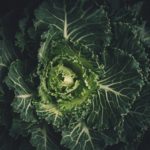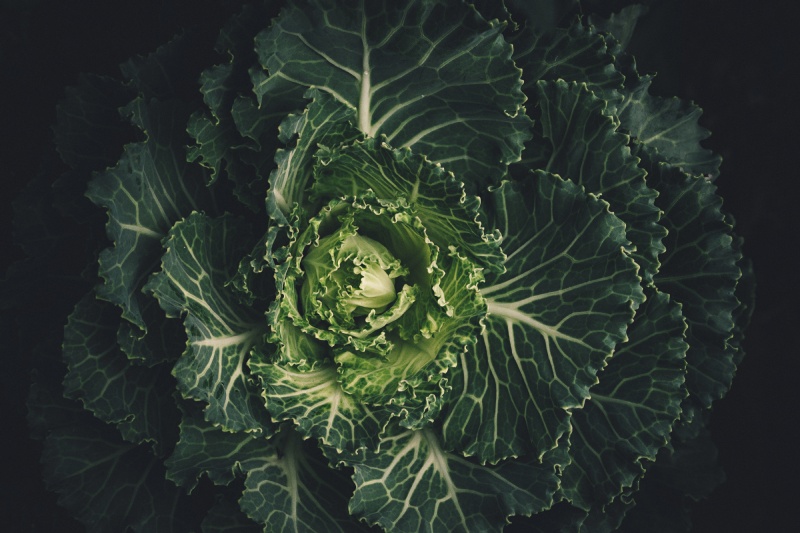Poetic sensitivity isn’t exclusively owned by poets. It resides in all of us. But all too often we get emotionally worn out while struggling through our pell-mell life. In the course of our day-to-day survival and with disheartening defeats in life, we sometimes feel that we used to be more emotionally available and that we need to identify, or invent, a culprit robbing us of sensitivity. That’s the time to turn to this poem by Noriko Ibaragi (1926-2006).
詩的感受性は詩人だけのものではない。しかし、せわしない生活を送る中で、私たちの心は擦り切れてゆく。うまくゆかない暮らしや人生に、自分の本来の瑞々しさが奪われていると感じる時。それが、茨木のり子の詩を読むときです。
Repeated questions throughout the poem are directed toward herself. The poet, in later years, tried to clear up the misunderstanding. Her intention was that all the questions are intended to urge on herself, not on readers, the importance of enriching her own heart. The final line, “I know better,” is directed to oneself, meaning we are wise enough not to leave our sensitivity unattended. No one else but you are responsible for enriching your heart and mind. It didn’t go well? Well, you didn’t do it right.
この詩全体を通じて、繰り返される問いかけ、その言葉は自分に向けられています。作者自身、誰かを叱咤しているのでなく、自分に言い聞かせるものだと、後年読者の誤解を解こうとしています。最終行の「ばかものよ」は自分に向けられているのです。ので、”I know better「それほど馬鹿じゃない」”という最終行は、本来できるはずだとの意味を込めた英訳としてみました。心の水やりは誰かに任せるものではない。自分の心は自分で意識的に育てるもの。うまくいかなかったのは、自分のやり方がまずかっただけ。
Sensitivity is our fortress. It’s our own creating project. Sensitivity is the fire to keep burning. It’s like an all-night vigil. Our heart gets worn out through our day-to-day challenges but it’s you who are in charge.
感受性とは、自分らしさの砦。自らつくりあげていくもの。感受性とは、火を絶やさないこと。常に気にかけること。日常という戦いの中で心は疲弊していくものですが、自分の心は自分で守る。そんな矜持を感じさせます。
Sensitivity doesn’t necessarily develop by visiting museums but by employing care for and giving thoughts to what makes you happy and sad while leading a life that seems to consume you. It resides in our open heart. By understanding that people go through ups and downs. By lending a hand to and going shoulder to shoulder with them. By knowing shades of fun and misery.
感受性と言っても、美術館に行く必要はありません。自分の心を疲弊させているように見える、そんな生活の中にある陰影に思いを寄せること。感受性は他者に開かれた心に宿る。人の笑顔や苦しそうな顔。助けたい人は誰で、支えたい人は誰なのか。その心の機微に触れるとき。
Then self-questioning moments come: What do I really need to defend even with my back to the wall? What do I really need to take care of even with futile days going by? What makes your mind fresh and fertile? What keeps you moving forward? Just as you sit down and check in with your loved ones, you just need to listen to your heart.
そして自分に立ち返る。追い詰められた自分が守りたいものは何なのか。得ることのない日々で育てたいものは何なのか。自分の心が柔軟でしなやかでいるのはどんなときだろうか。自分の心を突き動かし走り続ける原動力になるのは何だろうか。大切な人がいれば、その人の話に耳を傾けるように、自分の心が大切ならば、まずは自分の心の言葉に耳を傾けなくては。
自分の感受性くらい
ぱさぱさに乾いてゆく心を
ひとのせいにはするな
みずから水やりを怠っておいて気難しくなってきたのを
友人のせいにはするな
しなやかさを失ったのはどちらなのか苛立つのを
近親のせいにはするな
なにもかも下手だったのはわたくし初心消えかかるのを
暮らしのせいにはするな
そもそもが ひよわな志しにすぎなかった駄目なことの一切を
時代のせいにはするな
わずかに光る尊厳の放棄自分の感受性くらい
自分で守れ
ばかものよWho Else Can Do That?
When your soul is getting dry
Don’t blame someone else
I know I didn’t take enough care
Of myselfWhen you find yourself fussy and difficult
You can’t possibly blame your friends
Look at yourself
How stony and intractableWhen you get frustrated
Don’t point the finger at your parents or siblings
I know I could have done
Much better than I didWhen your original passion dwindles
It’s not because of your uneasy life
I know I’ve been only slightly determined
First of allWhen nothing is going right
Don’t spit a curse at the time you’re living in
You can’t let go out
That feeble flicker of dignityKeep up your sensitivity
Who else can do that?
Never leave it unattended
I know, I know better.

















